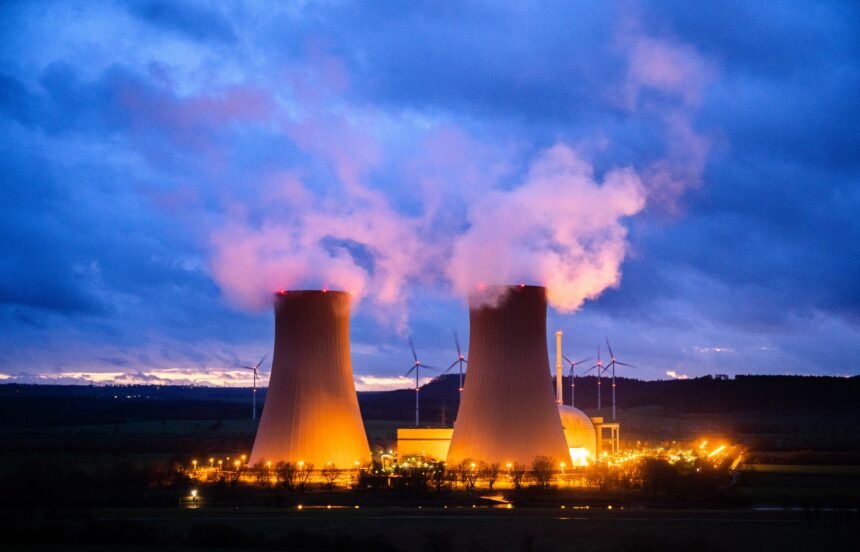More than 20 countries, including global heavyweights such as the United States, Japan, and several European nations, have endorsed a declaration at the United Nations climate talks, advocating for the tripling of nuclear energy capacity by 2050. The goal of this ambitious initiative is to pave the way for achieving net-zero emissions and addressing the urgent climate crisis.
The list of countries supporting this declaration reads like a roll call of nations committed to combating climate change. Notable signatories include the United Arab Emirates, Canada, France, and Sweden, underlining a diverse and influential coalition pushing for an increased reliance on nuclear energy in the global energy mix.
The key figure in this advocacy is US climate envoy John Kerry, who stressed the scientific reality that nuclear energy must be embraced to meet the net-zero emissions target by 2050. The endorsement comes at a crucial juncture, with the international community grappling with the imperative to transition to sustainable energy sources.
However, the endorsement of nuclear energy is not without its controversies. The use of nuclear power has long been a subject of debate, primarily due to concerns related to safety and the disposal of radioactive waste. Critics argue that the potential catastrophic consequences of nuclear accidents, as witnessed in the past, pose a severe threat to both human safety and the environment.
Proponents, on the other hand, argue that advancements in nuclear technology have significantly enhanced safety measures and minimized the risks associated with nuclear power. They emphasize that nuclear energy provides a reliable and consistent source of low-carbon electricity, making it a crucial component in the fight against climate change.
More About The Nuclear Energy:
The declaration’s call for tripling nuclear energy capacity by 2050 reflects a recognition of the urgency to reduce greenhouse gas emissions and transition to a more sustainable energy infrastructure. As nations grapple with the challenges posed by climate change, the role of nuclear energy in the global energy portfolio is becoming increasingly prominent.
The international endorsement also underscores the need for collaborative efforts in addressing the climate crisis. By uniting countries with diverse economic and geopolitical interests under a common goal, the declaration signals a collective commitment to finding solutions that transcend borders.
The call to triple nuclear capacity by 2050 marks a significant step in the global effort to combat climate change. As the world navigates the path towards a sustainable future, the endorsement reflects a pragmatic acknowledgment of the role nuclear energy must play in achieving the ambitious goal of net-zero emissions by 2050.











